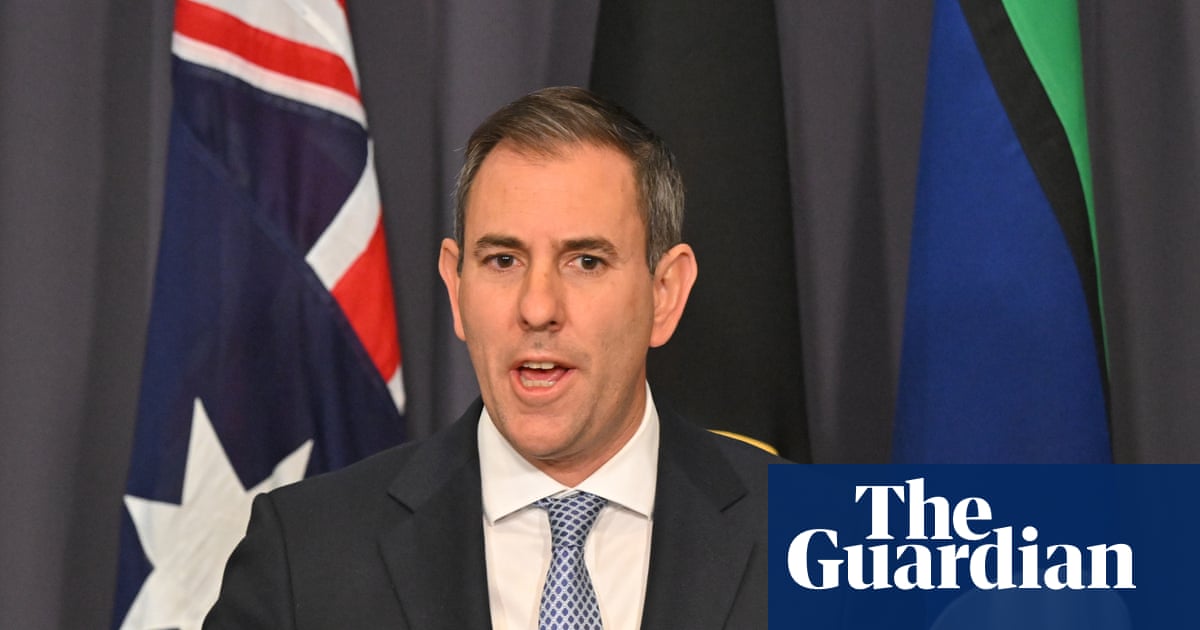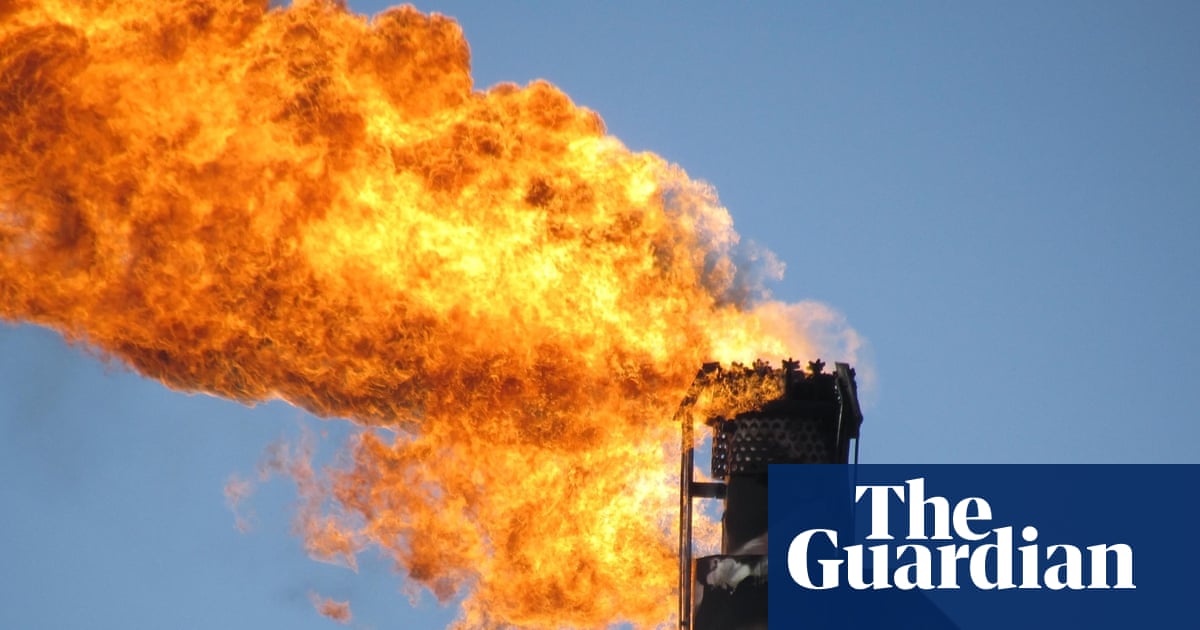Serious pollution incidents by English water companies rose 60% last year | Water

Serious pollution incidents by water companies were up 60% last year compared with the year before, data has revealed.
These incidents are the most environmentally damaging and indicate that the sewage spill or other pollution incident has a serious, extensive or persistent impact on the environment, people or property. They could, for example, result in mass fish deaths in rivers.
The total number of serious pollution incidents in 2024 was 75, up from 47 in 2023, Environment Agency figures showed. Of these, 81% (61) were caused by three companies: Thames Water (33), Southern Water (15) and Yorkshire Water (13). Thames Water’s serious incidents more than doubled from 14 to 33.
The chief executive of River Action, James Wallace, said Thames Water “should be put into special administration to start the reset”.
He said: “We need the prime minister and chancellor to empower and fund the environment secretary to end pollution for profit and enforce the law, backed by a credible plan to rebuild public trust.
“These figures expose a brutal truth: serious pollution incidents are rising, sewage discharges remain rampant, and our rivers are spiraling toward ecological collapse. This is not just regulatory failure; it is a national disgrace.”
The total number of all pollution incidents in 2024 was 2,801, up 29% from 2,174 in 2023. Thames was again the worst polluter, responsible for 523 incidents, followed by Anglian Water (482), United Utilities (376), Southern Water (332), Severn Trent Water (300) and Wessex Water (248).
Chris Weston, the chief executive of Thames Water, confirmed this week that Thames had asked to be let off fines. He told parliament’s environment, food and rural affairs committee on Monday that ministers and the regulators needed to have a “recognition of the reality of the situation”, namely that fines for polluting waterways with sewage cannot be paid at the same time as trying to turn around the company financially.
after newsletter promotion
The report, which focuses specifically on serious incidents, is the latest blow after years of growing public anger over sewage leaks and the failure of England’s water companies to properly invest in their infrastructure.
Alan Lovell, the chair of the Environment Agency, said: “This report demonstrates continued systemic failure by some companies to meet their environmental targets.
“The water industry must act urgently to prevent pollution from occurring and to respond rapidly when it does.
“We have made significant changes to tighten our regulation of the water industry and ensure companies are held to account. With a dedicated larger workforce and increased funding, our officers are uncovering and acting on failures to comply with environmental law.”
The public accounts committee released a report on Friday which revealed there were too many environmental offences to prosecute every wastewater company for poor performance.
It found that companies were expected to spend about £12bn in the next five years to upgrade the sewerage system, but this would fix only about 44% of overflows. The Department for Environment, Food and Rural Affairs used water company fines to create an £11m fund for environmental improvements in 2024, but has not yet distributed the money. The report recommended that the government disburse the amounts promised by the end of the year and that regulators work urgently to ensure money raised from fines was reinvested in improving the system.
Thames Water said: “Last year was a very challenging year for pollution performance. Issues with our sewer networks caused a high volume of serious incidents, with blockages being the primary cause. Performance was adversely impacted by above average rainfall and high groundwater levels. Ten of the 33 incidents were on sites experiencing hydraulic overload while operating within permitted flow levels.
“It is important to remember that pollution reporting is largely a self-reported activity by water companies. While we recognise our serious pollution performance has not met our goals, it does demonstrate our commitment to the highest standards of transparency.”
Southern Water and Yorkshire Water have been contacted for comment.
Source link






